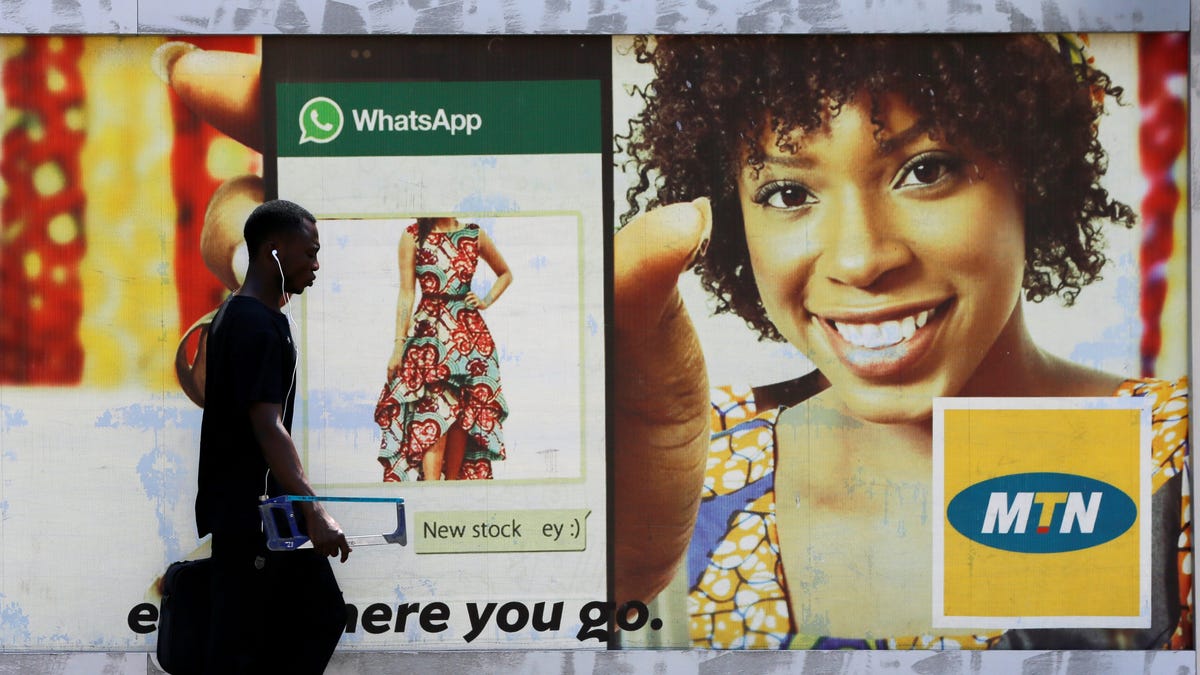Tech
WhatsApp Faces Possible Shutdown in Nigeria Over Data Privacy Issues

Things are heating up between WhatsApp and Nigeria‘s Federal Competition and Consumer Protection Commission (FCCPC). Just a week after the FCCPC slapped WhatsApp with a hefty fine for violating data privacy laws, the commission has made demands that could lead to WhatsApp suspending its services in Nigeria.
Sources close to the situation revealed that Meta, the parent company of WhatsApp, is actually contemplating withdrawing some services in Nigeria due to these new requirements. So, what did WhatsApp do to get into this predicament? Aside from the fine, the FCCPC has told WhatsApp it can’t share user data with Facebook companies and other third parties unless it gets clear consent from users.
In an official statement, a WhatsApp spokesperson mentioned that complying with the FCCPC’s order would make it impossible to offer the service in Nigeria. They argued that the order contains numerous inaccuracies that misrepresent how WhatsApp operates. They emphasized that for WhatsApp to function effectively, it needs to utilize Meta’s infrastructure.
WhatsApp is appealing the FCCPC’s ruling to avoid negatively impacting users in Nigeria. However, the FCCPC is standing firm, stating that their ruling is a legitimate response to multiple data privacy violations by Meta. They conducted a thorough 38-month investigation, revealing that Meta had repeatedly infringed on the Federal Competition and Consumer Protection Act and the National Data Protection Regulation.
If WhatsApp decides to exit Nigeria, it could have serious consequences, especially for small businesses that heavily depend on the platform for communication and marketing. The importance of WhatsApp, Facebook, and Instagram for businesses in Nigeria can’t be overstated.
Some legal experts have questioned the FCCPC’s basis for fining Meta, suggesting that the National Data Protection Regulation might not hold up in court. They wonder if such stringent regulations are appropriate when it comes to consumer privacy.
The situation has sparked significant debate, particularly concerning the $220 million fine imposed on Meta. Industry insiders have pointed out the potential repercussions of this fine, questioning whether it’s wise to focus heavily on generating revenue while risking the operational presence of major tech companies like WhatsApp in the country.
The FCCPC claims that it’s simply trying to uphold consumer rights and create a fair digital market in Nigeria. They believe that this brings Nigeria in line with global standards without driving tech companies away. The coming weeks will undoubtedly be critical for WhatsApp’s future in Nigeria.












